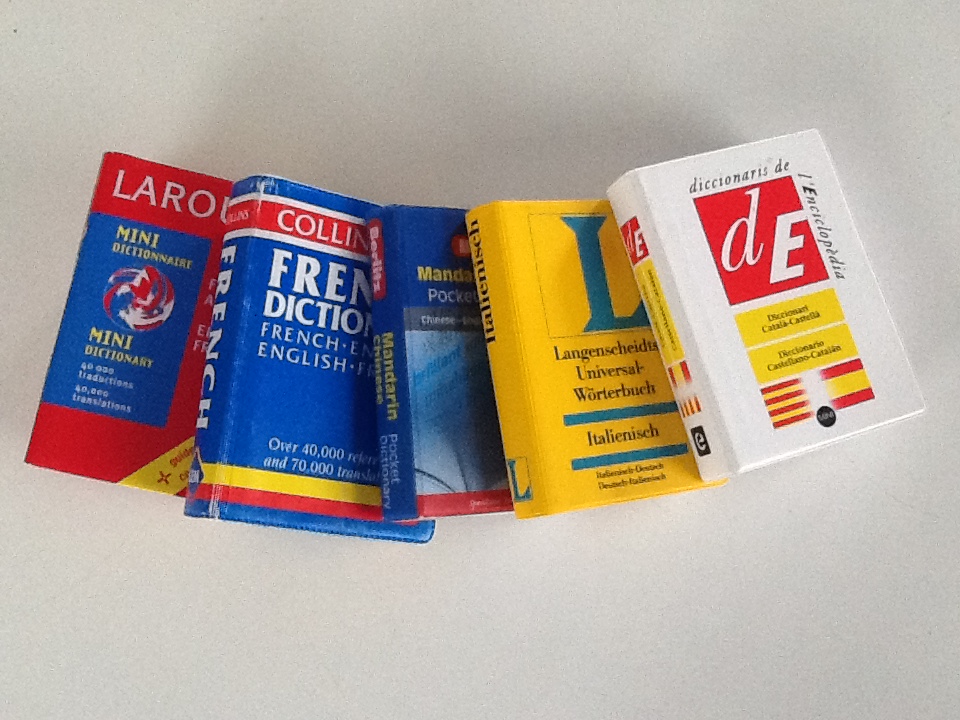Language Learning: 5 Ways For a Great Start
 Getting started is often the hardest part. It's easy to find reasons to wait until tomorrow.
Getting started is often the hardest part. It's easy to find reasons to wait until tomorrow.
Here are five suggestions on how you can stop procrastinating and get going.
1. Lighten up Your Inner Voice
Have you been circling around French, for example, but just kept thinking that the pronunciation or the verb forms are too hard to learn as an adult? It's time to change that inner voice and replace it with a go-do-it attitude.
- See learning French as an exciting challenge.
- Trust your ability to proceed step-by-step.
- Keep in mind that "doing it" is the journey.
- Remember all the benefits for your brain.
2. Use Easy Course Material As a Start
Different methods work for different people. But - you've got to work with something that's easy enough and which grabs you. Try things out until you like one that you'll stick with.
- A ready-made course can be an effective and convenient way to get the basics.
- Remember, no single course can "make you fluent."
- A do-it-yourself course plan (using a variety of materials) can be fun but takes time.
- Either way, commit to doing something daily.
- Make your language learning a habit - the language will be yours for life.
3. Set Up a Kickstart For The Next Day
Getting started on your daily language practice can be a struggle in itself. When you've finished a lesson, try setting up an activity for starting the next one.
By anticipating in some concrete way what you'll do next time, you'll make it easier to get started again. For example:
- Write a short list of words you want to review.
- Send yourself an article you want to read.
- Download a Podcast lesson you want to use.
- Schedule a time to do it.
4. Start Speaking Right From The Beginning
It's scary to hear yourself talking in a foreign language, but the sooner you get used to it, the faster you'll become fluent. The key to oral practice is to say things as often as you can - aloud.
- Do a lot of "Listen and Repeat" - aloud.
- Speak to yourself in your new language, aloud whenever you're alone.
- Record yourself; and if you can, play back what you recorded.
- Find a native speaker to talk to, a friend or an exchange partner.
5. Use Social Media For Early Reading and Writing
Twitter, Facebook, Google+ all provide a feed of foreign language texts that you can tap into for short periods at various times during the day.
- Add online newspapers to your social media account, and catch a quick read whenever you can.
- Add educational sites. They will often post a daily word or phrase, or a humorous quip.
- Join language learning groups and post comments and questions in the foreign language.
Deciding to learn new skills - such as learning to write, understand, speak, read a foreign language - is a challenging and exciting adventure. You'll not only embark on new experiences, you'll also learn a lot about yourself: your resilience, your openness to meeting new people, your inventiveness, etc.
Set yourself a goal, of let's say 3 or 6 months, and then reward yourself.
